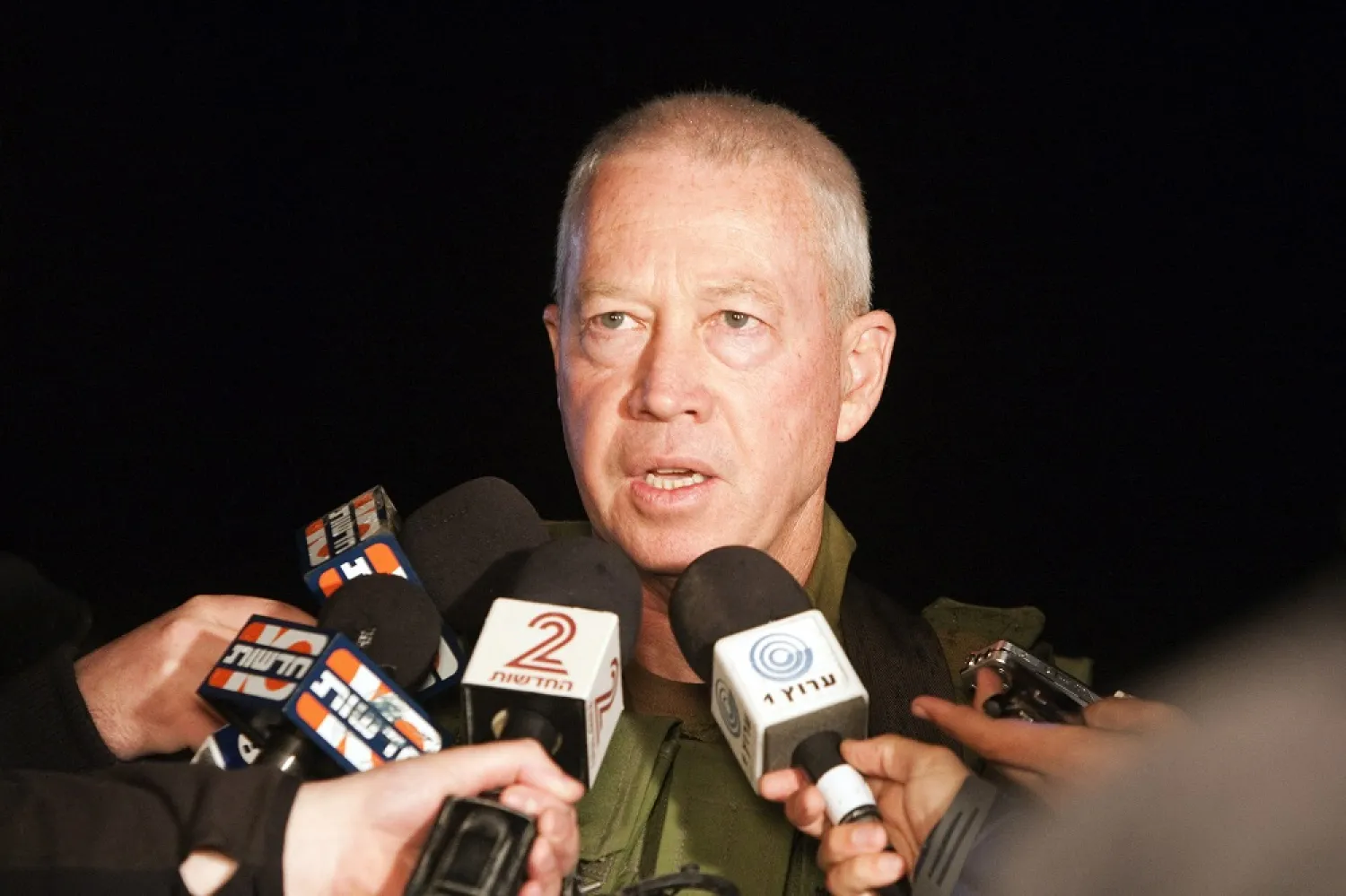As wounded anti-government protesters poured into an Iranian hospital during last month’s crackdown, a young doctor hurried to the emergency room to help treat a man in his 40s who had been shot in the head at close range.
When the doctor and others tried to resuscitate the man, a group of armed, plainclothes security agents blocked their way, pushing some back with their rifles, the doctor told The Associated Press.
“They surrounded him and didn’t allow us to move further,” the doctor in the northern city of Rasht said.
Minutes later, the man was dead. The agents put his body in a black body bag. Later, they piled it and other bodies into the back of a van and drove away.
This wasn’t an isolated incident.
Over the course of a few days in early January, plainclothes agents swarmed hospitals in multiple cities treating the thousands wounded by Iranian security forces who fired on crowds to quash massive protests against the regime. These agents monitored and sometimes obstructed care to protesters, intimidated staff, seized protesters and took away the dead in body bags. Dozens of doctors were arrested.
This story is based on AP interviews with three doctors in Iran and six Iranian medical professionals living abroad who are in contact with colleagues on the ground; reports from human rights groups; and AP’s verification of more than a dozen videos posted on social media. All of the doctors inside Iran spoke on condition of anonymity for fear of retaliation.
The AP worked with Mnemonic, a Berlin-based organization, to identify online videos, posts and other material relating to violence in hospitals.
The doctors in Iran and abroad said the level of brutality and militarization of health facilities was unprecedented in a country that for decades has experienced crackdowns on dissent and surveillance of public institutions.
The Iran Human Rights Center, based in Oslo, has documented multiple accounts from inside hospitals of security agents preventing medical care, removing patients from ventilators, harassing doctors and detaining protesters.
The government has blamed the protests and ensuing violence on armed foreign-backed “terrorists.”
Health Ministry spokesman Hossein Kermanpour denied reports of treatment being prevented or protesters being taken from hospitals, calling them “untrue, but also fundamentally impossible.” He was quoted in state media as saying all injured were treated “without any discrimination or interference over political opinions.” The Iranian mission at the United Nations did not immediately reply to a request for comment on the doctors’ accounts.
Doctors tried to protect the wounded
The crackdown, which reached its height on Jan. 8 and 9, was the deadliest since the regime took power in 1979. Details have been slow to emerge because of internet restrictions imposed by authorities.
The Human Rights Activists News Agency says it confirmed more than 7,000 deaths and that it is investigating thousands more. The government has acknowledged more than 3,000 killed, though it has undercounted or not reported fatalities from past unrest.
Once the crackdown began, the doctor in Rasht said he worked through 66 hours of hell, moving each day to a different facility to help with the wounded — first a trauma center, then a hospital and finally a private clinic.
Armed agents brought in wounded protesters and stood watch over them as staff worked, the doctor said. When it came time to discharge a patient, he said, “they would take anyone who was confirmed to be a protester.”
The doctor said he and other staff tried to hide wounded protesters by recording false diagnoses in hospital records.
“We knew that no matter what we did for the patients, they wouldn’t be safe once they stepped out of the hospital,” he said.
The AP could not independently confirm the doctor’s account of events at the hospital in Rasht. But it conformed with AP’s other reporting.
AP’s reporting focused on what happened at four hospitals, a snapshot of the Iranian security forces’ activity. Mnemonic gathered dozens of videos, posts and other accounts it says showed forces were present in and around nine hospitals, in some cases firing guns and tear gas. Mnemonic has been preserving digital evidence of human rights violations in Iran since 2022, creating with partners an archive of more than 2 million documents.
One video verified by AP shows security agents breaking through glass entrance doors into Imam Khomeini Hospital in the western city of Ilam. They then barged through the halls with their guns, yelling at people.
The Health Ministry told state media it was investigating the incident, saying it was committed to protecting medical centers, staff and patients.
Treating the wounded in hiding
On the night of Jan. 8, a 37-year-old general surgeon was out for dinner in Tehran when he received a call from a professional friend, an ophthalmologist. The fear in her voice made clear she needed his help urgently. She gave him an address.
Just before midnight, he drove to the address, a clinic for cosmetic procedures. Inside, he found the lobby transformed into a trauma ward, with more than 30 wounded men, women, children and elderly on the couches and blood-covered floor, shouting and crying,
The surgeon spent nearly four days there, treating more than 90 people, he estimates. At first, it was just him, the ophthalmologist, a dentist and two nurses. Eventually, the surgeon summoned three other doctors to help.
He used cardboard boxes and pieces of soft metal as splints for broken bones. With no anesthesia or strong painkillers, he used weaker suppository analgesics. The clinic had no blood supplies or transfusion capabilities.
They couldn’t send patients to hospitals for fear they’d be arrested.
A young man in his 20s had been shot with live ammunition in his elbow, shattering it. The surgeon sutured the wounds but knew the arm would have to be amputated.
A family of four — a mother, father and their 8- and 10-year-old children — were all riddled with pellets, the surgeon said.
On the morning of Jan. 9, the surgeon reached out to doctors he trusted to refer patients to them. First he had to make sure to remove all bullets and pellets from their bodies so they wouldn’t be detained at the hospital. He wrote referral letters saying the patients had been in car accidents.
None of the wounded died at the clinic, he said. The AP could not independently confirm the surgeon’s account of events at the clinic.
Doctors targeted for arrest
Since Jan. 9, at least 79 health care professionals have been detained, including a dozen medical students, according to Homa Fathi, an Iranian dentist pursuing a Ph.D. in Canada and member of IIPHA who has been monitoring Iranian government action against health professionals since 2022.
Around 30 have been released, most on bail, but many of them still face charges, including one accused of “waging war against God,” a charge that carries a death penalty, Fathi said.
The surgeon who treated protesters at the secret clinic said he was surprised security forces never stormed that location to make arrests.
But arrests have come since. Two health care workers who volunteered at the clinic were seized from their homes, the surgeon said.
“I am waiting, too.”










